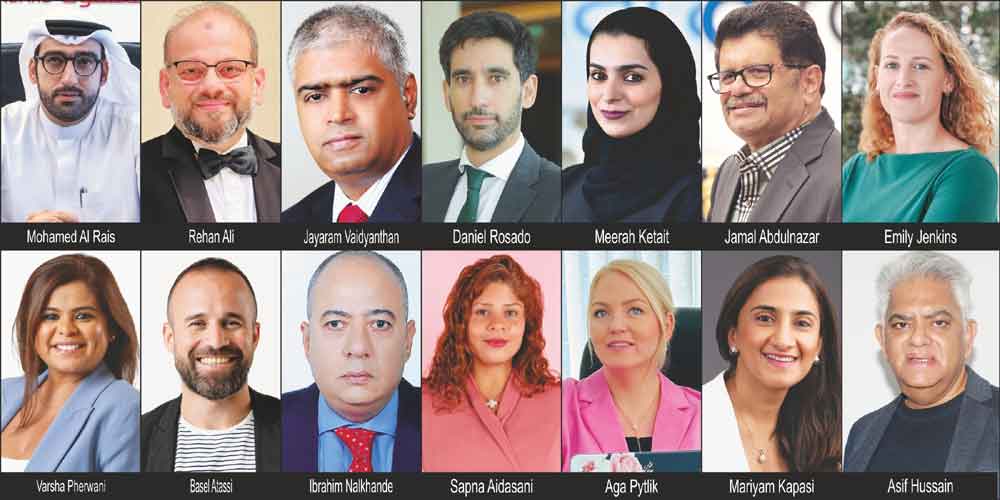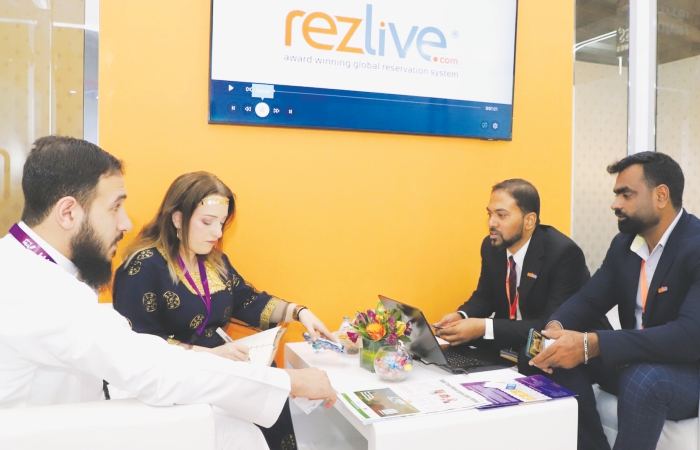The exponential growth of the tourism sector over recent decades offers numerous opportunities for socio-economic development. However, the sector has identified that many segments of society are yet to equally enjoy tourism attractions, facilities, and services at tourist destinations.
Hence, accessible tourism is emerging as an important sector that significantly contributes to the economy by providing unique business opportunities for countries to connect with a diverse range of tourists. According to the World Economic Forum, over 1.3 billion people live with some form of disability representing 17 per cent of the global population. It is crucial to make travel accessible for everyone and the responsibility lies collectively with the government, industry stakeholders and businesses. By providing the right services and universally designed tourism solutions, businesses can attract new guests and harness the potential of accessible and responsible tourism.
Regional outlook
The countries in the Middle East are working towards creating an inclusive travel ecosystem to make travel hassle-free for everyone. This includes people of determination, people with invisible disabilities or with temporarily reduced mobility due to pregnancy or minor injuries. The UAE has established itself as an inclusive travel destination. For instance, Dubai has introduced an accessible travel and tourism team to provide ease of access and support to people requiring it. Furthermore, they are working towards improving the existing facilities at airports, airlines, hotels, shopping centres and other tourist destinations to make them inclusive and accessible. Abu Dhabi hosted the Special Olympics, in which more than 7,000 athletes and support team members travelled to the emirate from around the world. Egypt offers us another regional example, having specifically designed the first beach in the region for visually impaired and blind people. The El-Mandara beach allows wheelchair access to water through a path for swimming enthusiasts.
Opportunities in hospitality
The enactment of comprehensive laws in many regions clearly defines the rights of people of determination and promotes social integration. Despite this, the hospitality sector acknowledges there are existing gaps related to accessibility. Some tourists regularly experience distinctive barriers to access within hotels. Accommodation providers have a significant role in creating equal opportunities. Embedding accessibility through the design of hotel facilities to include space for wheelchairs, ramps, and lifts, as well as appropriate heights of beds and mirrors can make them accessible for all.
Roadmap for ecosystem
The tourism industry can become an inclusive sector by defining comprehensive legislation that can protect the rights and needs of tourists with additional travel-support needs. The existing and future workforce providing tourism-related services must be prepared to engage with, and understand, the challenges faced by tourists with disabilities.
 TravTalk Middle East Online Magazine
TravTalk Middle East Online Magazine





